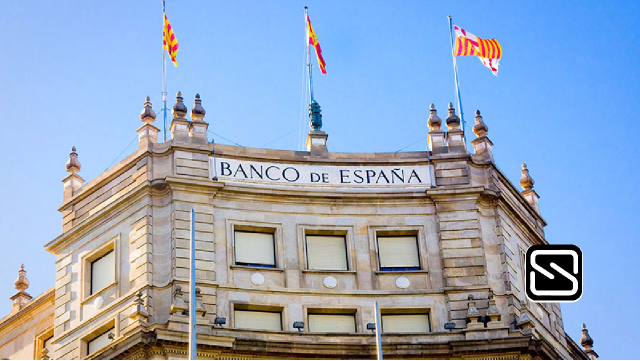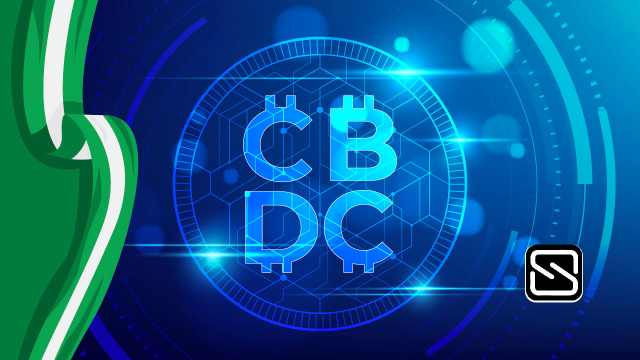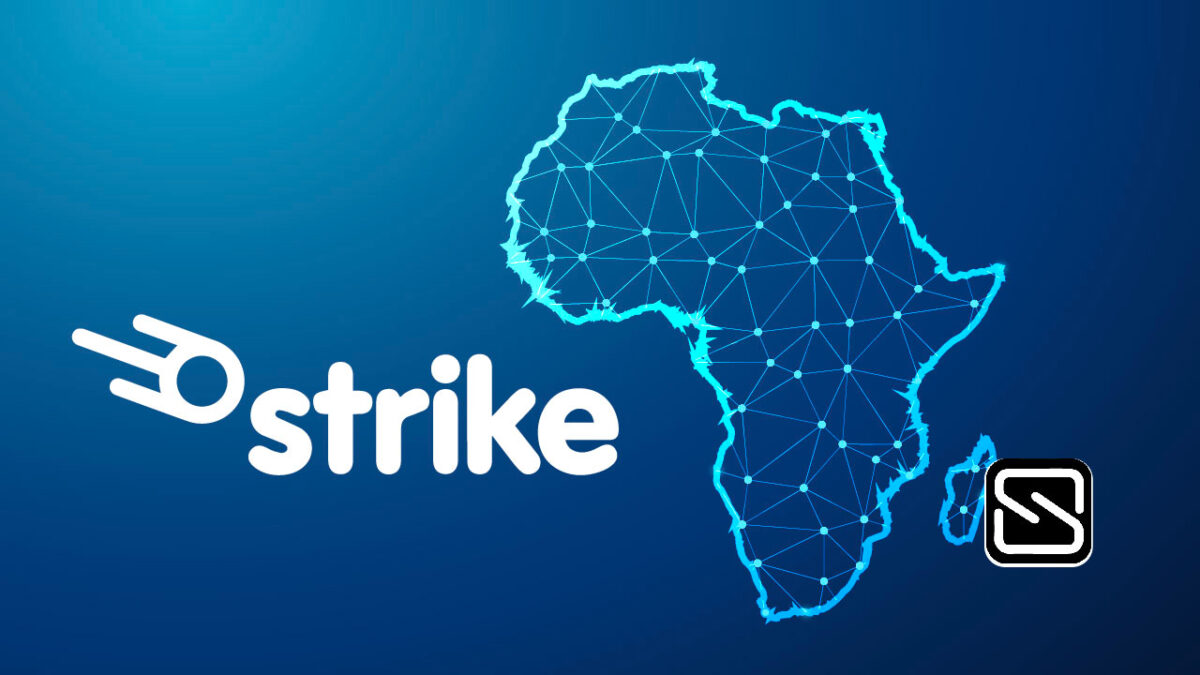As promised by exchange executives after the FTX debacle, two very sizable cryptocurrency exchanges this week delivered proof-of-reserves (POR) documentation. According to trade volume, Binance, the largest cryptocurrency exchange in the world, has made a thorough analysis of the assets held on the BTC, BTCB, and BBTC networks as well as the BNB, Ethereum, and Binance Smart Chain networks available on the website of Mazars Group.
The audit by Mazars was performed on November 22, 2022, at Bitcoin block height of 764,327. According to the report, assets are backed by collateralized reserves 101% of the time. “At the time of assessment, Mazars observed Binance controlled in-scope assets in excess of 100% of their total platform liabilities,” the Mazars report asserts. “The collateralization ratio takes into account in-scope-assets lent through the margin and loans service offers which are collateralized by out-of-scope assets. The Merkle Root was compiled by hashing all client accounts into a single output,” the Mazars audit adds.
Mazars’ audit of Binance also states that the attestation included accounting for “total liabilities.” At the end of Nov. 2022, after Binance provided POR addresses, Kraken’s Jesse Powell criticized the proof and said that the “statement of assets is pointless without liabilities.” Powell has shared his two cents about the latest audit from Binance as well and lambasted the Binance POR again on Dec. 8.
In response to Binance publishing, the results of its POR audit examined by Mazars Group, the cryptocurrency trading platform Crypto.com published a press release announcing the results of its POR audit, which was also carried out by Mazars. According to the statement from the business, “Mazars Group compared the assets held in [onchain] addresses proven to be controlled by Crypto.com with customer balances through an auditor-overseen live query of a production database as of December 7, 2022, 00:00:00 UTC.”
Existing customers can confirm their assets on the platform, according to Crypto.com. The full Crypto.com audit conducted by Mazars can be found here (https://crypto.com/document/proof-of-reserves) “Our report is solely for the purposes of offering Crypto.com’s customers additional transparency and reassurance that their in-scope assets are fully reserved, exist on the blockchain(s), and are under the control of Crypto.com at the below mentioned reporting date,” the Mazars audit details.









